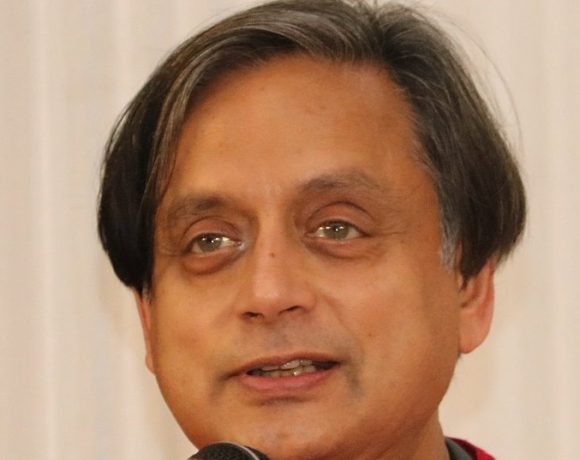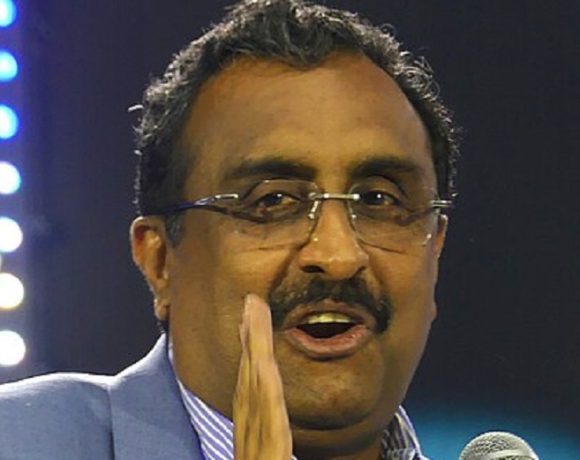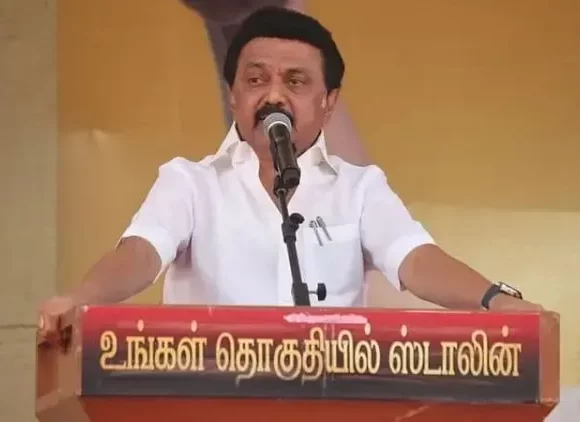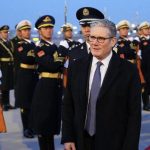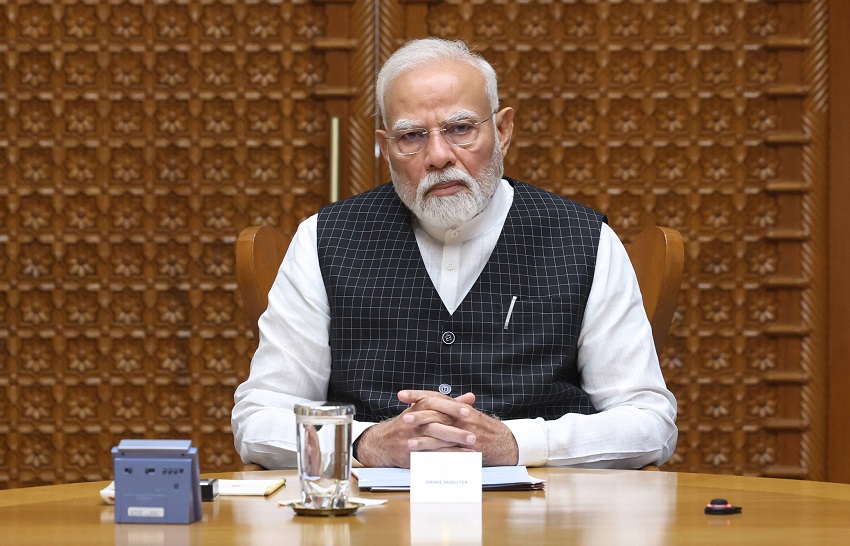
Opposition MPs Demand Special Parliament Session on National Security
In a significant show of unity, more than 200 opposition Members of Parliament have come together to demand that Prime Minister Narendra Modi convene a special session of Parliament. Their primary objective is to deliberate on the Pahalgam terror attack and India’s military response under Operation Sindoor.
This demand follows an earlier initiative by 20 senior opposition leaders—including Rahul Gandhi, Mallikarjun Kharge, Akhilesh Yadav, and Abhishek Banerjee—who collectively underscored the urgent need for parliamentary accountability and transparency on matters of national security. The opposition claims that the magnitude of recent events warrants immediate legislative attention beyond the regular session calendar.
Government Indicates No Special Session, Plans Monsoon Sitting
Despite the unprecedented coordination by the opposition, the government has made it clear that it does not intend to convene a special session. Instead, it has announced that the monsoon session of Parliament will begin on July 21 and end on August 12. The announcement, made unusually early—47 days in advance—has drawn sharp criticism from opposition benches.
Leaders have argued that this pre-scheduled session is being used as a shield to avoid uncomfortable debates. Critics within the opposition believe that the government is sidestepping critical scrutiny over the Pahalgam incident and India’s military engagements in its aftermath.
Cross-Party Coordination Gaining Momentum
Interestingly, the push for a special session has led to renewed communication among major opposition parties. Congress leader Rahul Gandhi and Trinamool Congress chief Mamata Banerjee have reportedly aligned on the issue, despite their parties maintaining an arm’s-length political relationship in several states. This interaction is being seen as a possible first step toward coordinated floor strategy during the upcoming monsoon session.
Such developments hint at a broader realignment among opposition forces, who have struggled in the past to maintain cohesion on national issues.
Special Sessions: A Constitutional Provision for Accountability
While the Indian Constitution only mandates that Parliament meet at least once every six months, it allows the government to summon special sessions in times of urgency. Historically, special sessions have been called for events of national importance—including wars, economic reforms, and major constitutional changes.
The opposition now argues that the Pahalgam attack, its implications on internal security, and the geopolitical ramifications of Operation Sindoor, fall squarely within the criteria for such a session. Their demand reflects a push to ensure that Parliament remains an active forum for critical national discourse.
As pressure mounts, all eyes are now on the government’s willingness to accommodate the opposition’s demand or risk further parliamentary confrontation in the upcoming monsoon session.



